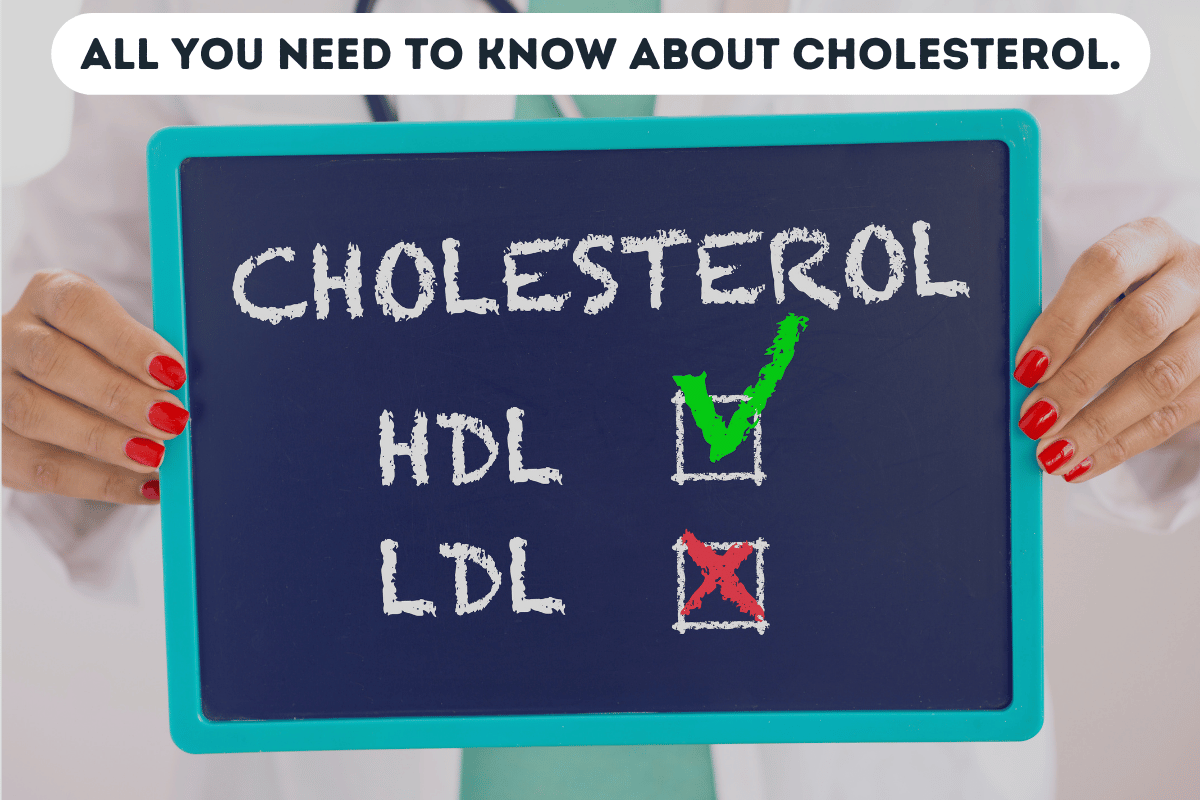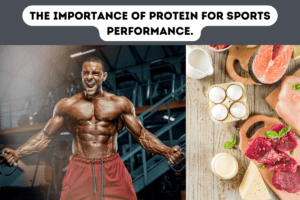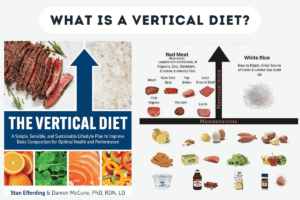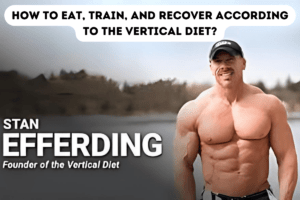For many years people have been told that dietary cholesterol in food can raise blood cholesterol levels which can lead to heart attack or stroke. But now research is telling us that cholesterol is not a bad guy. It may surprise many people, but cholesterol is necessary for our good health. It has many important functions in our body and actually without cholesterol we would not survive. We need cholesterol for Vitamin D and hormone production (testosterone, cortisol, progesterone, and estrogen). Cholesterol is necessary for our cell membranes and bile (help to digest fat) production. But why then people afraid of cholesterol if it is giving so many benefits to us? How exactly can dietary cholesterol lead to a heart attack or stroke, and what is the difference between good and bad cholesterol? All these and other questions we will discuss in this article. Now, let’s start with the question: “What exactly is cholesterol?”
What is cholesterol?
Cholesterol is a fatty substance that is naturally produced in the body, mainly by the liver. Our body produces about 75% of the cholesterol it needs, and another 25% we are getting from dietary cholesterol (from food). When people speak about cholesterol, mostly they mean lipoproteins. Lipoproteins are structures that carry cholesterol in the bloodstream. They are made from fat on inside and protein on outside. There are 2 main types of lipoproteins:
1) Low density lipoproteins (LDL) are responsible for carrying cholesterol particles through the body. It is also called bad cholesterol. Our cells of the body need this cholesterol, but if we have too much of it in our blood, it can create a plaque in the arteries. The higher the level of LDL – the greater the risk of heart disease.
2) High density lipoproteins (HDL) help to pick up excess cholesterol throughout the body and bring it back to the liver, where it can be used or excreted. Because HDL helps to reduce LDL, it is called good cholesterol and is associated with decreased risk of heart disease.
It can seem logical that eating cholesterol-rich foods will increase blood cholesterol levels, but in reality, it is more complicated. Cholesterol is produced by the liver, and the liver controls how much cholesterol it produces. When we eat more cholesterol-rich foods, the liver produces less cholesterol. And when intake of dietary cholesterol goes down, the liver produces more. So, food high in dietary cholesterol has minimal impact on the blood cholesterol levels in most people.
Some people can be hyperresponsive to dietary cholesterol, primarily because of genetics. Such people should be eating less dietary cholesterol and check cholesterol levels more often. But even for hyperresponsive people, cholesterol-rich foods may not be so harmful. Now, studies are telling that even hyperresponsive people, together with LDL, also experience an increase in HDL (good cholesterol). This means that even if you are hyperresponsive to dietary cholesterol and it can increase LDL (bad cholesterol) levels in your blood, it will also increase HDL (good cholesterol) levels which will help to decrease LDL levels. But all in all, hyperresponsive to dietary cholesterol people should look more after their cholesterol levels.
Also, important fact to mention that liver is the organ that produces and clears cholesterol. So, if your liver is damaged, for example, you have a fatty liver disease, cirrhosis, or other liver problem, it can affect your levels of LDL in the blood. In this case, the primary concern of high LDL (bad cholesterol) is liver problems, not dietary cholesterol. And in the first place, if you want to lower your bad cholesterol levels, you should fix your liver.
Different types of LDL.
Everybody calls LDL a bad cholesterol, but probably not everybody knows that there are different types of LDL cholesterol. Beside LDL there are also very low-density lipoproteins (VLDL) and according to the last studies, these lipoproteins are the main reason of heart attacks. Now, lets look at the difference between LDL and VLDL.
All lipoproteins carry cholesterol and triglycerides through the bloodstream. Cholesterol is necessary for vitamin D and various hormone production. Also, it is a part of cell membranes and is involved in bile production. Triglycerides are another form of fat that is used to store extra energy in cells. The main difference between LDL and VLDL is that they have different percentage of cholesterol, protein and triglycerides in them (especially triglycerides). About 70% of VLDL is triglycerides, 10% protein, 10% cholesterol and 10% other fats. As to LDL, 26% is cholesterol, 10% is triglycerides, 25% is protein, and 15% is other fats.
Important to mention that we are getting more VLDL when we are eating more carbs and sugar. And we are getting more LDL by eating more saturated fat. The new research is now telling us that the main threat for the heart disease is high VLDL levels in blood, not LDL. Pandemic of obesity, diabetes and heart diseases increased when we all went to low-fat diets and, as a result, started to consume more sugar. Personally for me, it is obvious that the main enemy for us is not fat, it is sugar.
Somebody can say that we should be careful with saturated fat, but not everybody knows that there are different types of saturated fat as well. Saturated fat from meat, prepared by stewing or steaming, is entirely different from the fat we get from frying meat. Of course, we should consume more healthy options of fat, but we should not be afraid of saturated fat so much. The real enemy is sugar. You can read more about different types of fat in my article: “All you need to know about fat”.
As to testing VLDL, there is no specific test for it. It is usually estimated based on your triglyceride level, and triglycerides are also measured with a cholesterol test. If, during the test, the number of triglycerides is low and HDL (High-Density Lipoproteins) is high enough, there is no risk for your heart. For more information on cholesterol, you can see Dr Eric Berg’s video presentation below.
How to lower cholesterol.
So, if to sum up everything, dietary cholesterol is not bad for you, it has many important functions for the body. Even if you have high LDL, it’s not always a problem. The main threat for your heart is VLDL and we are getting more of these VLDL by eating simple carbohydrates and sugar. If you are hyperresponsive to dietary cholesterol or have a liver problem, you should be more careful with dietary cholesterol and monitor your cholesterol levels more often. Bellow are some suggestions on how you can decrease your cholesterol levels:
- Increase physical activity. Your aim here is to do at least 150 minutes (2.5h) of exercises a week. It is about 30 minutes a day, 5 days per week, so everybody can do it. The most easy and affordable exercises would be walking, cycling and swimming.
- Eat a heart healthy diet. Eat foods that are high in fiber (like oatmeal and beans), and unsaturated fat (like olive oil, avocado, and nuts). If you have issues with cholesterol, limit saturated fat from your diet (but don’t exclude completely) and try to avoid (limit) sugar.
- Quit smoking and limit alcohol consumption. Smoking and alcohol increase your VLDL, which are the main threat for your heart. Also, alcohol is damaging your liver. 75% of cholesterol is made in the liver, and you can have high cholesterol levels just because of damaged liver.
- Get tested on cholesterol. You should get tested for your cholesterol levels at least every 5 years. If you already have quite big issues with cholesterol, consult with your doctor about what medicine you he can prescribe you to lower your cholesterol. But medicine should be used just in that case when it is impossible to fix your issue by a natural way (eat heart-healthy diet, increase physical activity, quit smoking, and reduce alcohol consumption).




